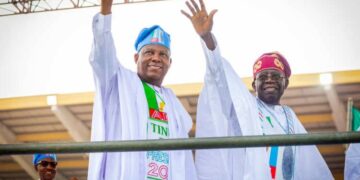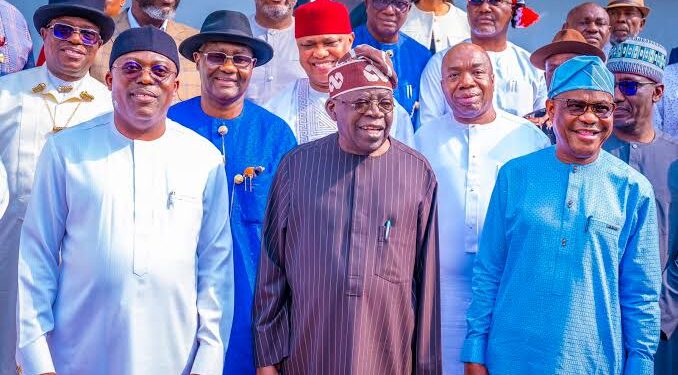By Chris Curtis
In the theatre of Nigerian politics, the tragedy is not only that greedy and lackluster leaders emerge, but that they endure. They thrive not because they are brilliant, but because the people they oppress remain complicit—sometimes by silence, sometimes by submission, and sometimes by the dangerous comfort of crumbs.
A greedy leader in Nigeria is not ashamed of his flaws. He is comfortable in corruption, convinced by his own lies even when every indicator points otherwise. His arrogance projects so loudly that truth itself appears as an enemy. He is a parasite—feeding on the host without remorse, draining the very people he swore to protect. Like all parasites in biology, his survival depends on the continued weakness of his host.
Such a leader speaks of transparency with one side of his mouth, yet practices secrecy with the other. His speeches sound philosophical, even convincing, but his conduct betrays him. He lacks the self-discipline to do what is right because his will is enslaved to greed. His philosophy is simple: keep the people desperate, dish out crumbs, and they will keep coming back like chickens to feed.
The people, meanwhile, become accomplices in their own undoing. Many celebrate thieves because they share their tribal name. Others defend incompetence because it comes wrapped in religious colors. Some are content with meager handouts, blind to the fact that poverty has been weaponized against them. In doing so, the masses allow leaders to ride on their backs like kings—kings without crowns but with subjects too weary, too divided, or too afraid to resist.
But there is a scientific truth here: systems endure only as long as feedback loops remain unbroken. In Nigeria, the loop between oppression and complacency keeps reproducing failure. Leaders manipulate the social fabric—patronage networks, tribal affiliations, religious sentiments—and the people, in turn, normalize what should be unacceptable. It is not just leadership that is hollow; it is followership that is uncritical.
And yet, there is a way out. It does not lie in violence or anarchy. It lies in collective legal action. The constitution, for all its flaws, remains a binding instrument that even the most corrupt judiciary cannot completely erase if the masses stand united. Strategic class actions, people-driven referendums, mass litigations, and constitutional test cases are legal tools that bypass manipulation when backed by numbers. No judge can jail a million people filing petitions. No political cabal can ignore the sheer weight of a collective, lawful demand.
History teaches us that oppression only lasts as long as people tolerate it. The civil rights movement in America, the anti-apartheid struggle in South Africa, the Arab Spring uprisings—each was fueled not by crumbs, but by collective refusal. Nigeria’s change will not come from messiahs; it will come when the people reject crumbs, reject manipulation, and reject silence.
The moral question remains: how long will Nigerians keep enabling the very leaders who plunder them? Until the people take responsibility, the greedy will keep feeding, and the hollow crown will keep resting on hollow heads.
Nigeria’s rebirth is possible—but only if the masses understand this one truth: the future will not be given; it must be taken, lawfully, collectively, and courageously.
Written by Chris Curtis
Email: chriscurtiswrites@gmail.com



































